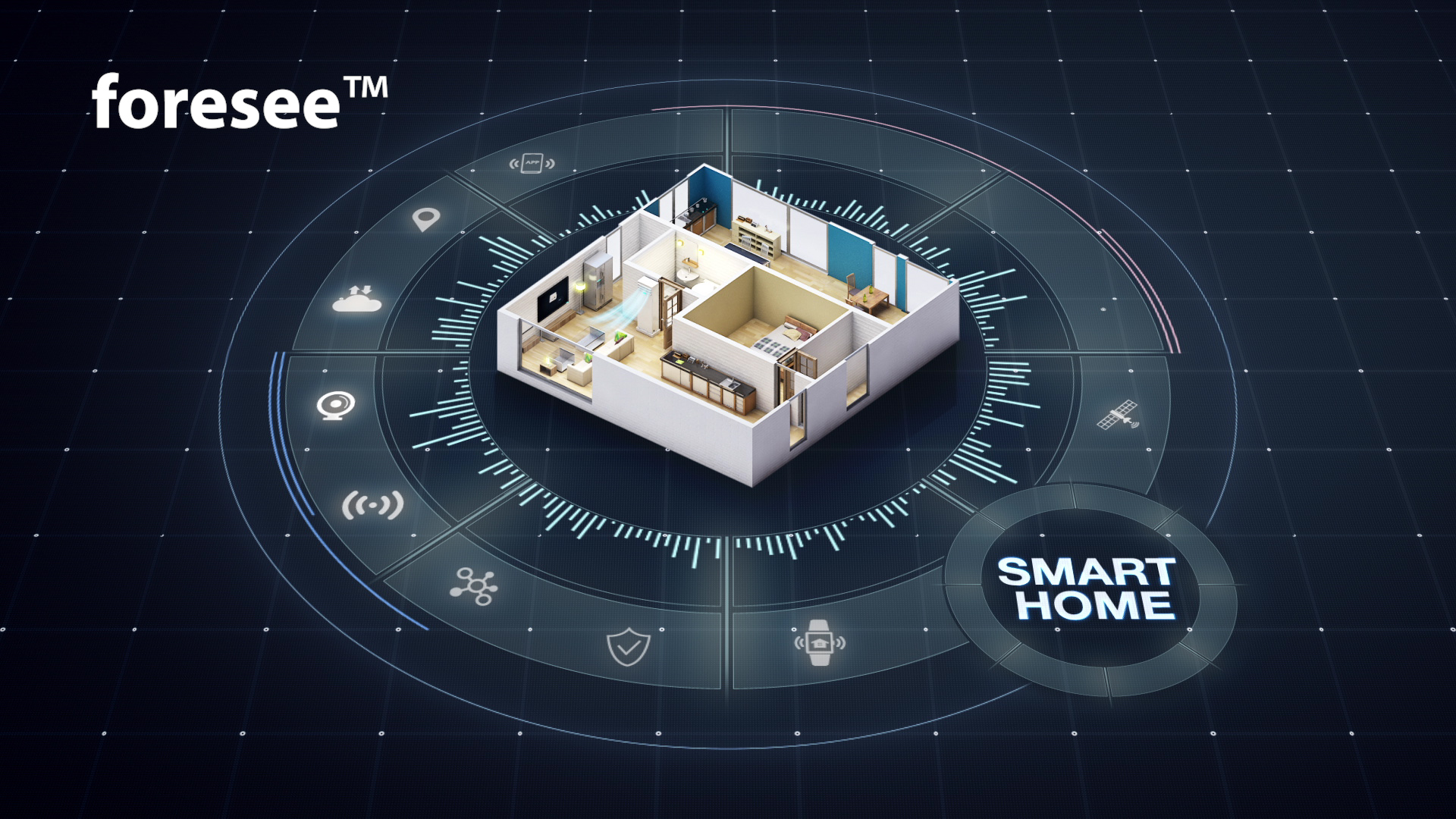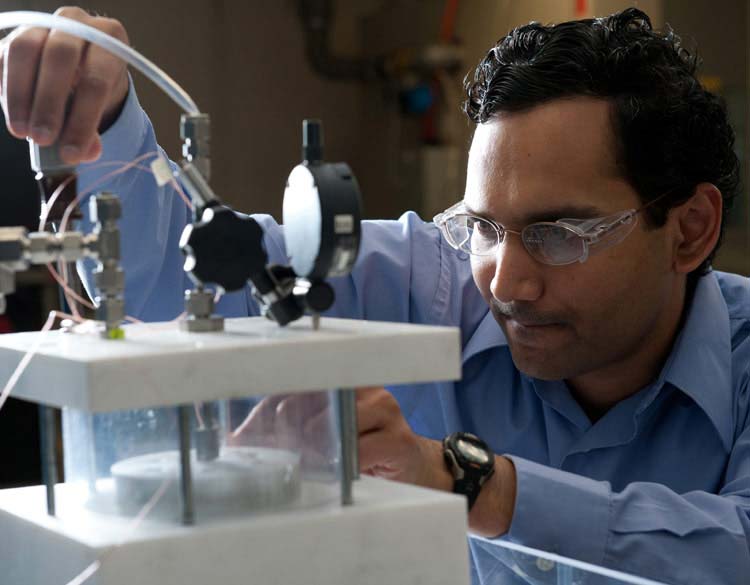Explore our collection of new stories for this topic.
Search or filter for a specific story using the options below.
September 2018
Editorial Positions with Journals Strengthen NREL Connections
Two NREL researchers from NREL's Transportation and Hydrogen Systems Center, Robert McCormick and Sreekant Narumanchi, have recently received editorial appointments from leading journals in their fields.
August 2018
Industry Leaders Tackle Urban Design and Mobility Challenges at NREL’s Second Partner Forum
NREL transforms energy through partnerships. That's why the laboratory recently opened its doors for a two-day forum, designed to strengthen existing partnerships and create new ones.
Sustainable Mobility: The Transportation World Beyond Tomorrow is Here Today
NREL's sustainable mobility research is moving beyond vehicles and roads, investigating the best way to get people and goods where they need to go with maximum convenience, efficiency, and affordability, while minimizing traffic congestion.
NREL Research Shows HOV Lanes and Purchase Rebates Are Effective Incentives for Plug-In Electric Vehicle Purchase
What does it take to persuade people who are considering the purchase of an electric vehicle to actually buy one? That burning question spurred analysts from NREL to find out.
Software Saves Energy, Costs, and More
NREL's foresee is a home energy management system that relies on user preferences to automate connected appliances and electronics in unprecedented ways.
Sreekant Narumanchi First NREL Researcher to Win an ASME K-16/EPPD Clock Award
Each year the American Society of Mechanical Engineers (ASME) elects a winner for the K-16/ Electronic and Photonic Packaging Division (EPPD) Clock Award. Advanced Power Electronics and Electric Machines (APEEM) Team Leader Sreekant Narumanchi of the Transportation and Hydrogen Systems Center (THSC) is receiving this honor for 2018.
July 2018
International Partnership Revolutionizes Cross-Continental Travel with Alternative Fuels
Drivers relying on alternative fuels throughout the United States and Canada, especially those near the border, can now travel with more confidence than ever with the updated Alternative Fueling Station Locator. NREL and Natural Resources Canada combined their stations data to revolutionize this powerful U.S. Department of Energy tool, paving the way for drivers who rely on electricity, ethanol, biodiesel, natural gas, propane, and hydrogen to travel between the two countries seamlessly.
Cutting the Cord: NREL Demonstrates Wirelessly Charged Electric Vehicle
NREL recently launched a one-year demonstration of an all-electric Zenith Motors van, modified to enable wireless charging. In addition to determining whether the technology is a viable option for eventual electrification of NREL's campus transportation system, the demonstration is bolstering NREL's pioneering exploration of the transformative nature of wireless charging.
June 2018
NREL Transportation and Hydrogen Researchers Recognized by DOE for Outstanding Achievements at 2018 Annual Merit Reviews
The U.S. Department of Energy (DOE) recently honored 16 NREL researchers for their outstanding achievements at the Annual Merit Review and Peer Evaluation Meetings for the Hydrogen and Fuel Cells Program and Vehicle Technologies Office. The annual meetings provide researchers leading projects funded by the Hydrogen and Fuel Cells Program and the Vehicle Technologies Office with an opportunity to share accomplishments with representatives from DOE, industry, and other labs.
Advanced Thermal Management for Power-Dense Power Electronics and Electric Motors Improves EVs
As EVs are further developed, new materials and enhanced configurations to improve the thermal management systems of power electronics and electric motors is necessary for peak EV performance. Thermal management continues to be a growing field as components used in various applications are required to be smaller, more affordable, and more powerful.
Share
Last Updated May 5, 2025



